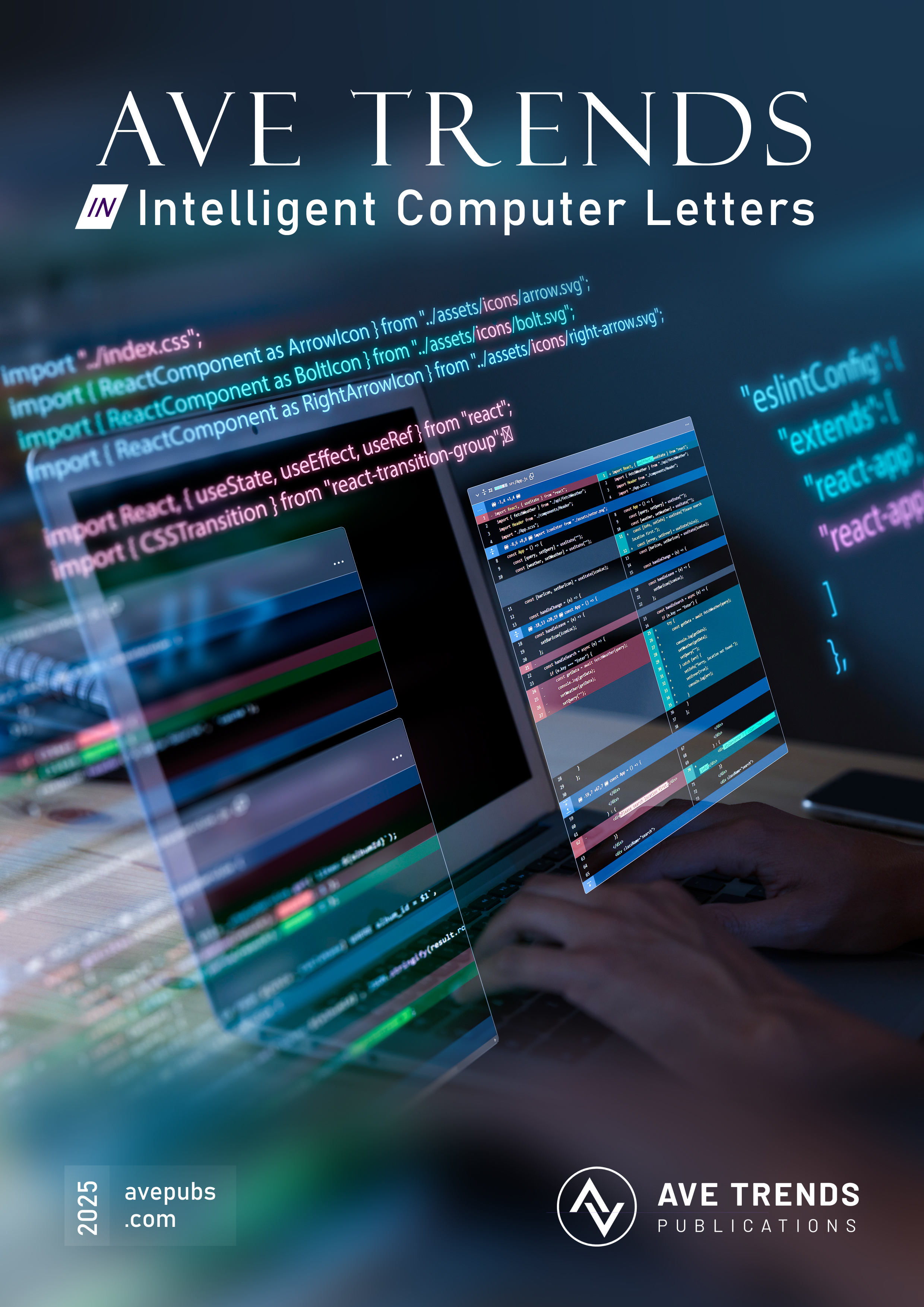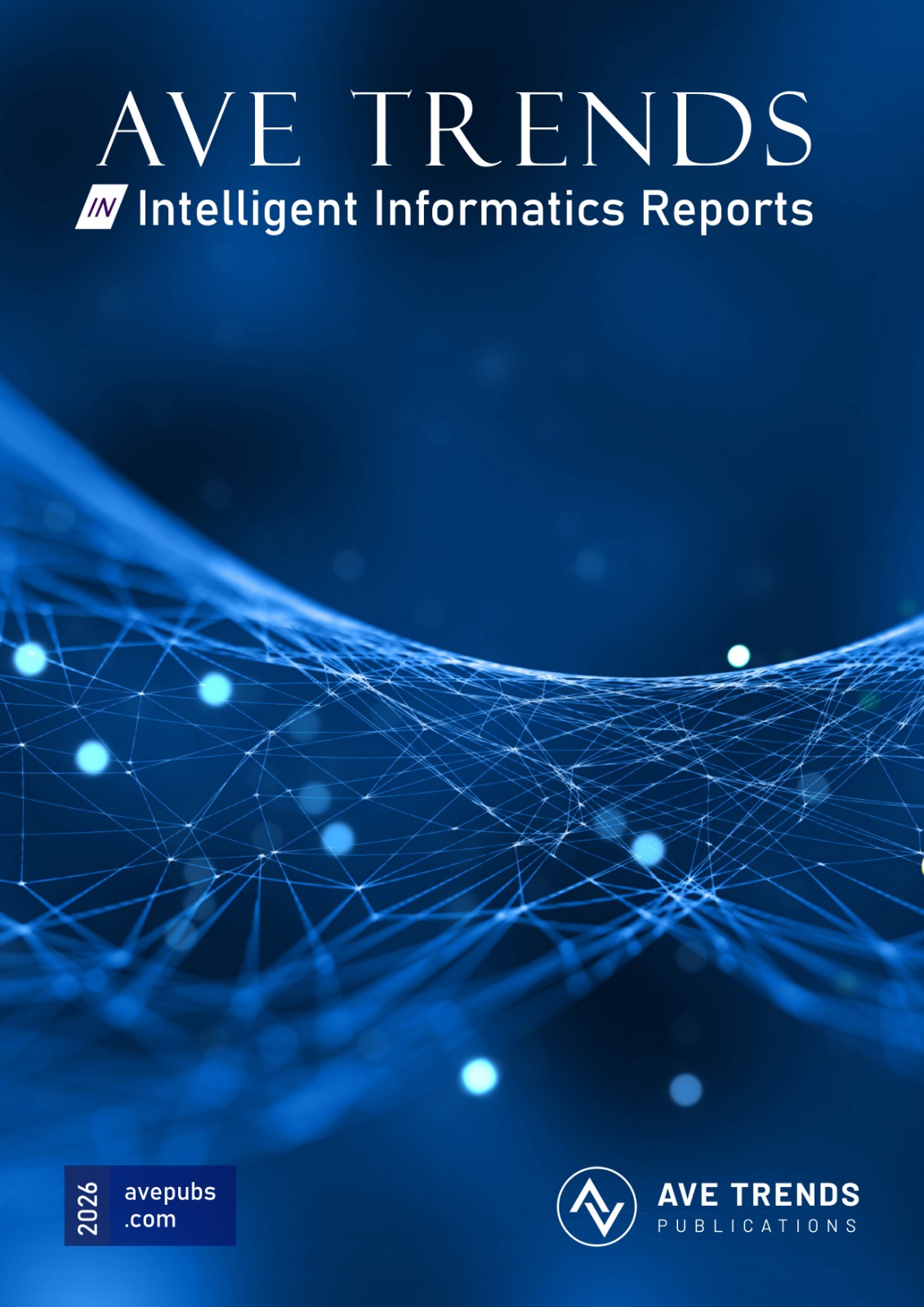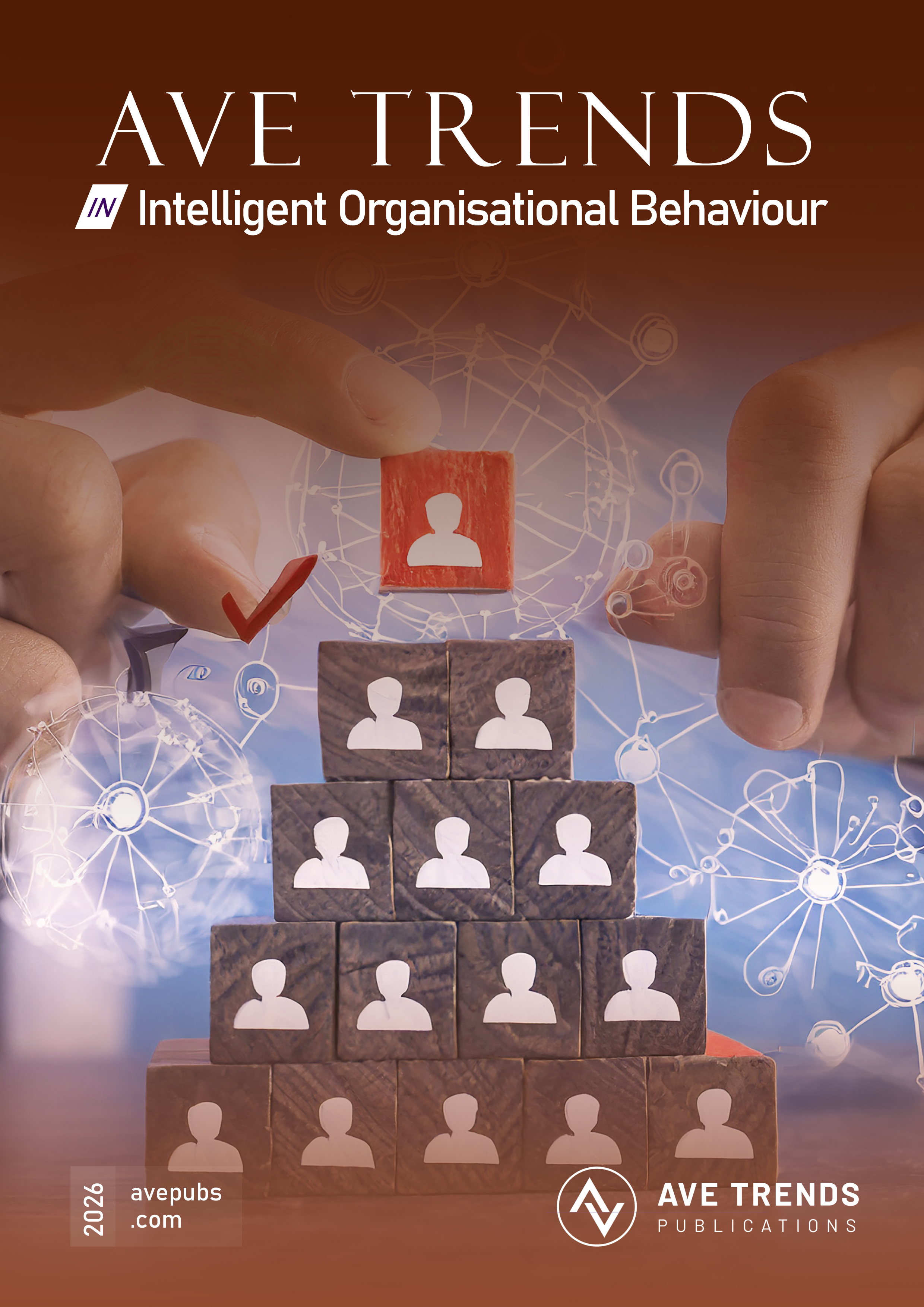AVE Trends in Intelligent Computer Letters
Aims and Scope
AVE Trends in Intelligent Computer Letters (ATICL) is a rapidly growing interdisciplinary field that develops mathematical and computational models using advanced computing techniques driven by data. It aims to understand and solve complex problems, complementing traditional experimentation and theory with predictive and interventional capabilities. Advances in experimental techniques have led to a surge in data, enabling detailed data-driven modeling and simulation beyond traditional analytical approaches. This evolving discipline integrates computational thinking, modern computational methods, and emerging technologies to tackle challenges in various domains. ATICL combines modeling, algorithms, and simulations to address numerical and non-numerical problems in science, engineering, medicine, and humanities. It also focuses on software solutions for scientific and technical challenges while optimizing system hardware, software, networking, and data management. The Journal of ATICL serves as an international platform for exchanging research in simulation-based science, publishing high-quality contributions that address multi-scale, multi-domain problems. It welcomes interdisciplinary studies that integrate computation, data, networks, and innovative devices, fostering advancements in numerical methods and computational techniques to solve real-world challenges.
Topics covered include:
- Machine learning and deep learning in intelligent computing
- Computational modeling and simulation in science and engineering
- Data-driven approaches for complex problem-solving
- Artificial intelligence in biomedical research and healthcare
- Advanced algorithms for numerical and non-numerical simulations
- Optimization techniques in computational science
- Big data analytics and intelligent data management
- Cyber-physical systems and smart environments
- Quantum computing and its applications in simulation
- Human-computer interaction and intelligent user interfaces
- Internet of Things (IoT) and edge computing in intelligent systems
- Natural language processing and AI-driven text analytics
- Ethics and societal impacts of intelligent computing technologies
- Cloud and distributed intelligence in computational science
- Blockchain technology for secure computing and data integrity
- Smart grid and renewable energy optimization using AI

- ISSN(Online)3069-1095
- Publication Frequency4 Issues per year

AVE Trends in Intelligent Computer Letters

AVE Trends in Intelligent Applied Sciences

AVE Trends in Intelligent Management Letters

AVE Trends in Intelligent Health Letters

AVE Trends in Intelligent Techno Learning

AVE Trends in Intelligent Technoprise Letters

Ave Trends in Intelligent Informatics Reports

AVE Trends in Intelligent Computing Systems

AVE Trends in Intelligent Social Letters

AVE Trends in Intelligent Energy Letters

